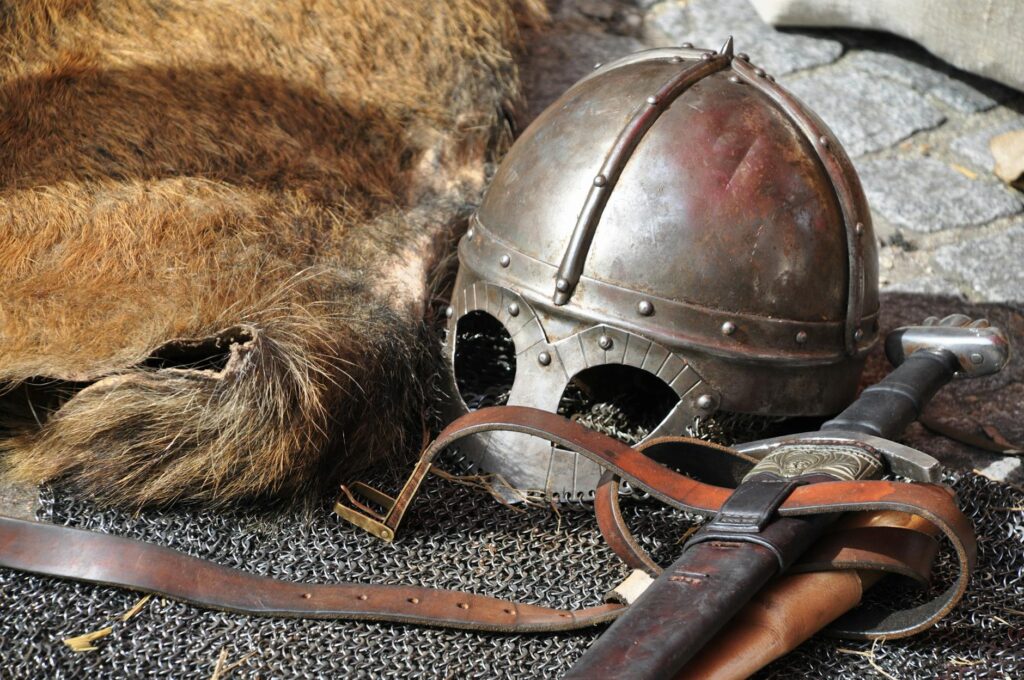The study of history is a powerful tool that allows us to uncover popular misconceptions that have been perpetuated over time. Often, these misconceptions are based on myths and legends that have been passed down from generation to generation, but through historical research, we can separate truth from fiction. In this article, we'll explore some popular misconceptions and how studying history helps us demystify them.
The importance of studying history
The study of history not only helps us understand the past, it also helps us understand the present and shape the future. By analyzing historical events and contexts, we are able to avoid repeating past mistakes and make more informed decisions. Furthermore, history provides us with a wealth of information about cultures, societies, and civilizations that contribute to our understanding of the world we live in today.
Myth 1: The Middle Ages were a time of obscurantism
Many people believe that the Middle Ages were a period of intellectual and cultural stagnation, characterized by obscurantism and ignorance. However, recent historical studies have shown that the Middle Ages were, in fact, a period of great development and innovation in several fields, such as philosophy, medicine and science. architecture. The Carolingian Renaissance, for example, was a cultural movement that promoted the preservation and transmission of classical knowledge, contributing to the flourishing of medieval culture.
Myth 2: The Vikings were just bloodthirsty barbarians
A common misconception about the Vikings is that they were just bloodthirsty barbarians who pillaged and destroyed villages. However, archaeological and historical studies have revealed that the Vikings were a complex society, with a rich culture and a network of trade and cultural exchange. Their forays into the Baltic Sea, for example, contributed to the spread of ideas and technologies among the Nordic and Slavic peoples.
Myth 3: The indigenous people of the Americas were primitive and backward
One misconception that has been demystified by historical research is the idea that the indigenous peoples of the Americas were primitive and backward compared to European civilizations. Recent archaeological studies have revealed the sophistication and complexity of pre-Columbian societies, such as the Mayans, Aztecs and Incas, who developed advanced systems of agriculture, architecture and astronomy.
Conclusion
In short, the study of history is essential to debunk popular misconceptions and deconstruct myths that have been perpetuated over time. Through historical investigation, we are able to gain a broader and more accurate understanding of the past, which allows us to challenge misconceptions and promote a more informed and contextualized view of history and the societies that comprise it.

